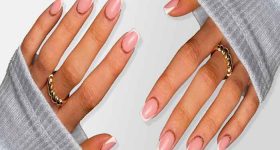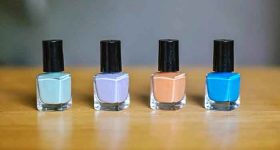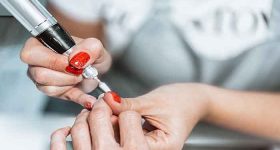7 Questions You Need to Ask When Choose a Hearing Aids
1. When to equip?
As soon as you find yourself always asking, “What is he saying?” or “You can repeat?” … And when, although one clearly understands the television news, the dialogues of films seem drowned in the sound atmospheres.
2. What’s new ?
Hearing aid amplifiers, such as the new Yorksound BTE hearing aid , are available for mild hearing discomfort. They are the equivalent for hearing glasses loupes for the sight. Very interesting so first equipment, to become familiar with the wearing of a device.
Like the magnifying glasses, the Yorksound BTE hearing aid costs about five times less than conventional help. If the hearing discomfort is symmetrical, nothing prevents their use. If only one ear is affected, it may be a condition that requires consultation and not just a natural decline in hearing.
3. Do I have to equip both my ears?
The goal is to find a balanced hearing, which often involves the equipment of both ears. But, if on one side the ear is performing, the apparatus will not present any interest on that side.
4. Analogue, digital, what does it change?
Both types of devices act by sound amplification. But the sound processing has as many differences as those between a vinyl record and a CD.
5. What is the advantage of intra-auricular?
Housed in the ear canal, they are unobtrusive and even invisible to deep intraconduits. They require a little dexterity: a person able to sew will handle them without difficulty.
Made to measure, these completely in the canal hearing aids which can pose a problem: narrow duct, excessive secretion of earwax, intolerance to resin … Hence the importance of taking the time to perform a test before any purchase.
6. How much does it cost ?
For adults, the price of a hearing aid is $199 per ear.
When the device is running, services (tips, tests, settings) are included. Users tick on the first purchase, before realizing that these hearing aids really improve their lives.
7. What is the life span of a hearing aid?
From four to five years, sometimes more , depending on the care provided. You must store the device in a hearing aids moisture-proof case, use specific cleaners, avoid rain, sweat … Change is necessary if the hearing has evolved or if you want to take advantage of the latest technical progress!


